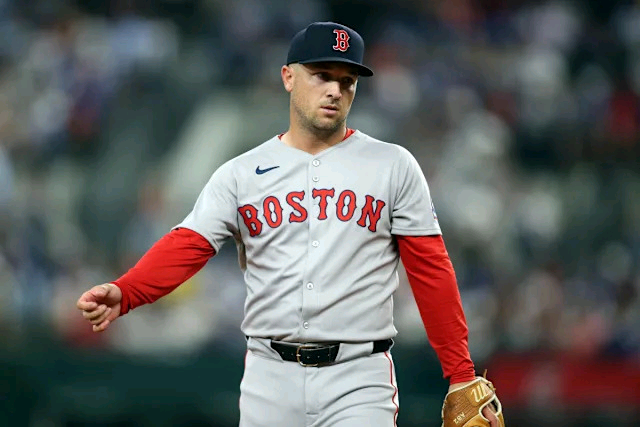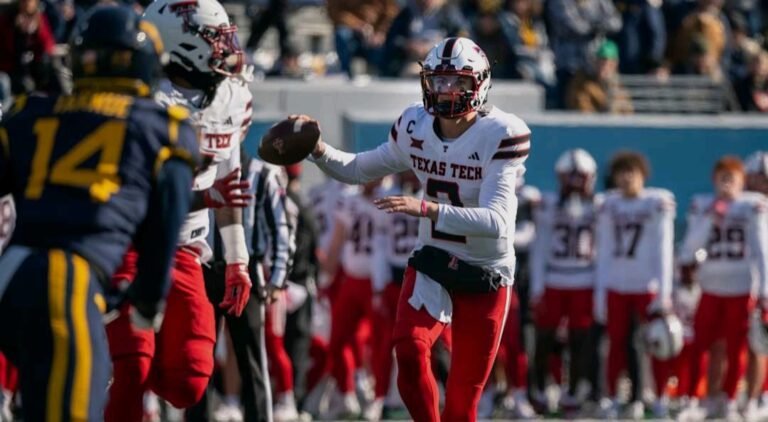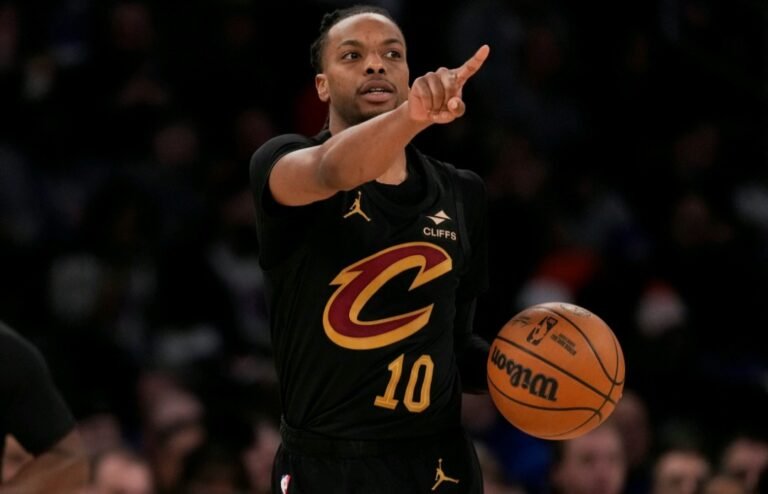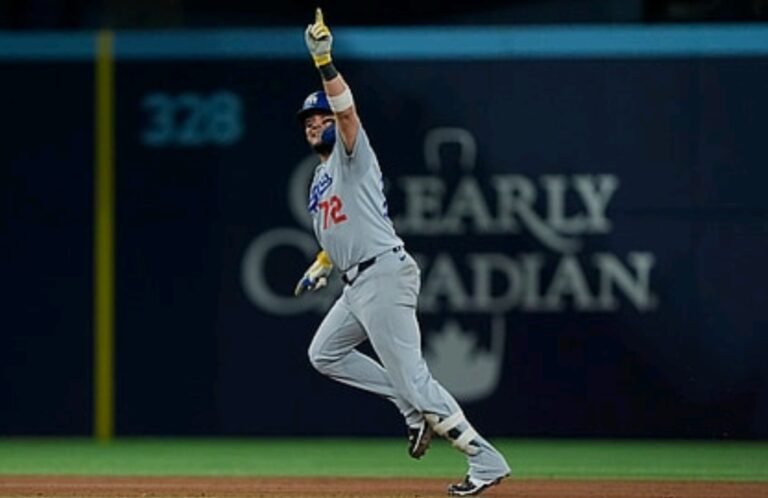
Boston Red Sox third baseman Alex Bregman recently delivered a statement that has both intrigued fans and focused attention on his evolving role within the team. With whispers of contract extensions and midseason distractions swirling, Bregman opted to underscore his priorities—choosing to remain centered on the present and the team’s performance rather than negotiations.
Speaking to the Boston Globe in early August 2025, Bregman made it unequivocally clear that he would defer contract conversations until after the season concludes. “At this stage of the baseball calendar … I’m just really focused on the baseball,” he shared, emphasizing that off-season business can wait while the Red Sox pursue their playoff ambitions .
This candid approach has earned him respect across the locker room, reinforcing his reputation as both a clubhouse leader and a consummate professional. Since joining the Red Sox on a three-year, $120 million contract—complete with opt-out clauses following the 2025 and 2026 seasons—Bregman has consistently demonstrated his value both in the lineup and behind closed doors .
Meanwhile, Bregman’s recent emotional return to Houston stirred strong reactions. Initially welcomed with a thunderous tribute and standing ovation, the mood quickly shifted after he launched a two-run homer—prompting a cascade of boos from Astros fans during his second at-bat . The contrasting receptions capture the bittersweet nature of free agency and the capricious loyalty of sports fandom.
Amid the transactional noise and the drama that shadows big-money moves, Bregman’s recent remarks stand out for their simplicity and focus. By choosing to emphasize the here and now—game by game, pitch by pitch—he reasserts what matters most in Boston: winning baseball, not negotiation headlines.
All eyes now turn toward the stretch run. With a potential playoff push underway, Bregman’s leadership and on-field consistency might be the stabilizing force the Red Sox need. And as the season progresses, fans will watch keenly to see whether his off-season op-out will transform into a long-term commitment—or another chapter in baseball’s high-stakes free-agency saga.






